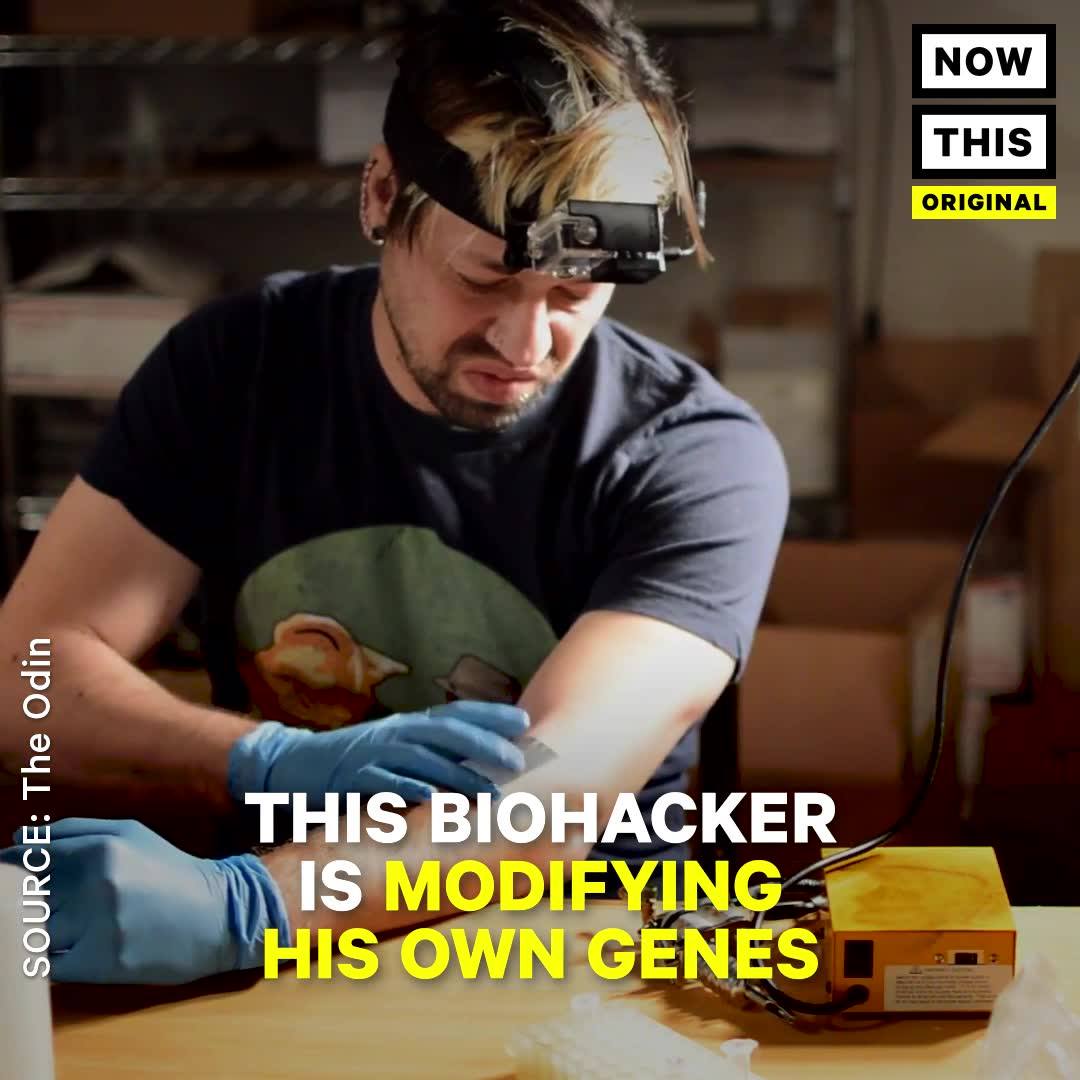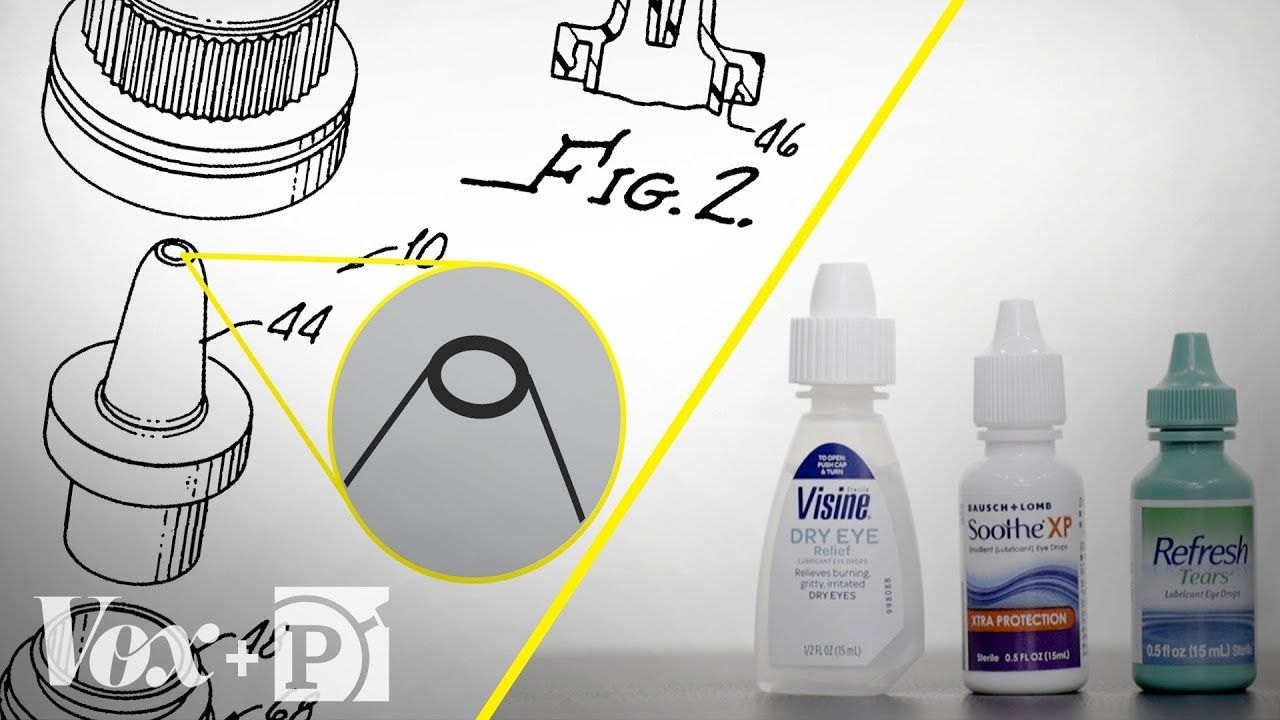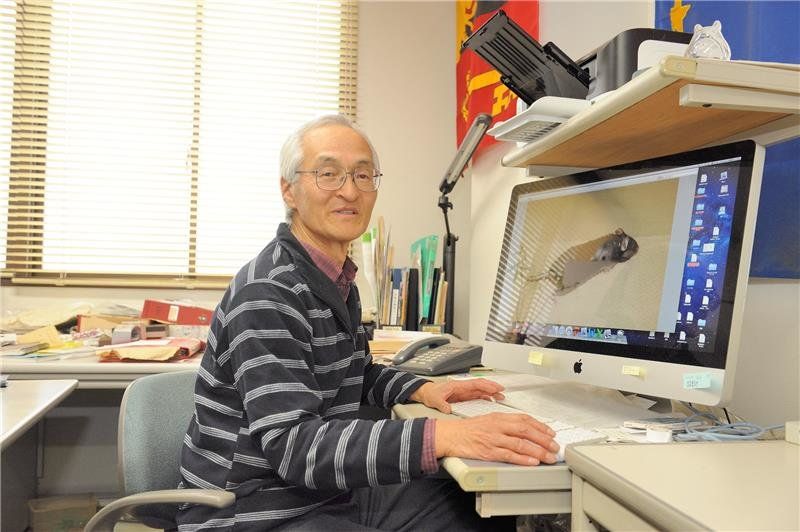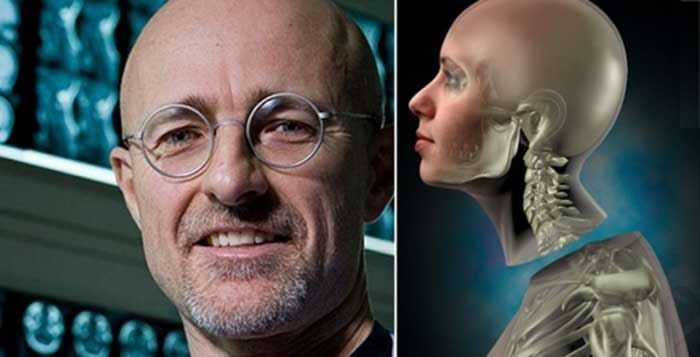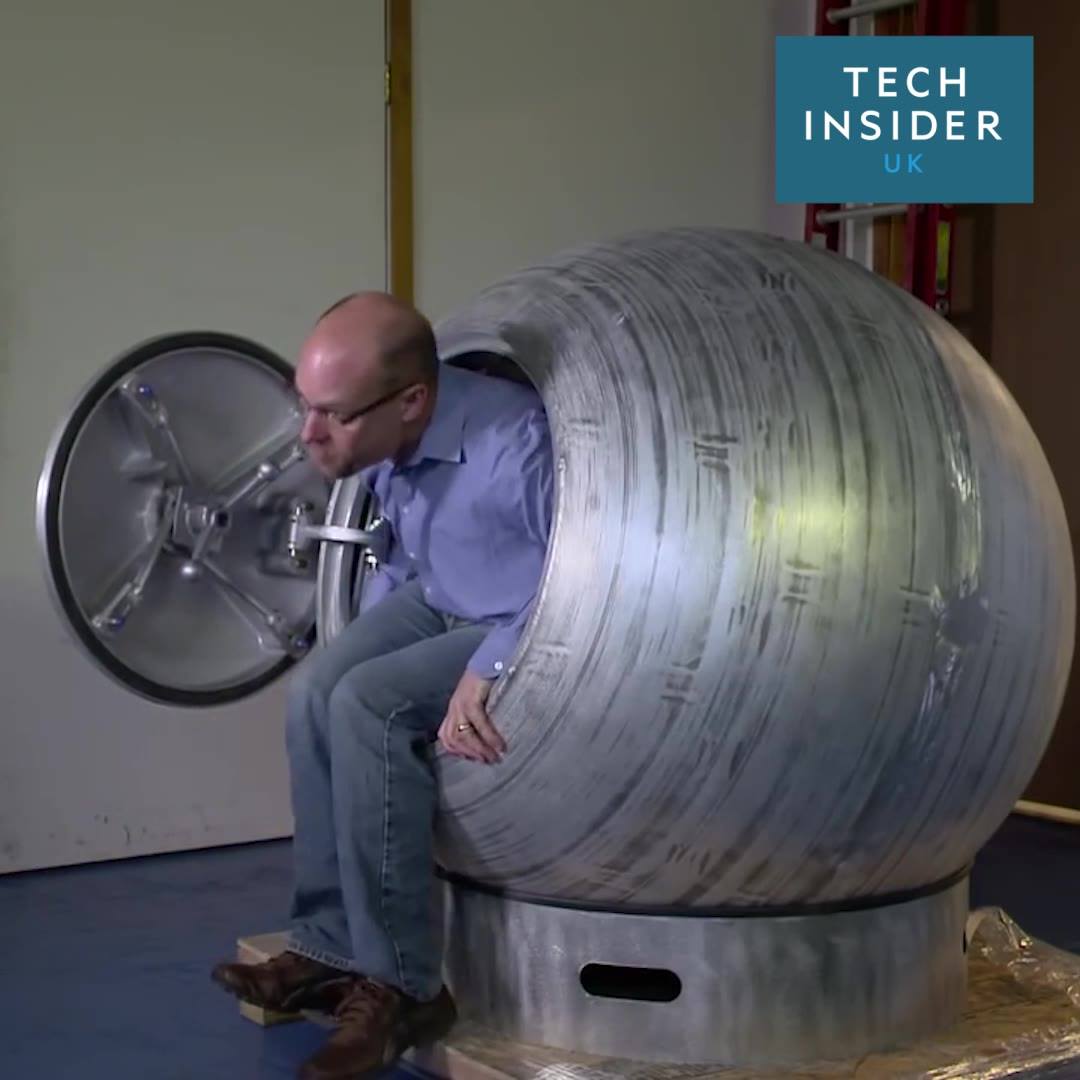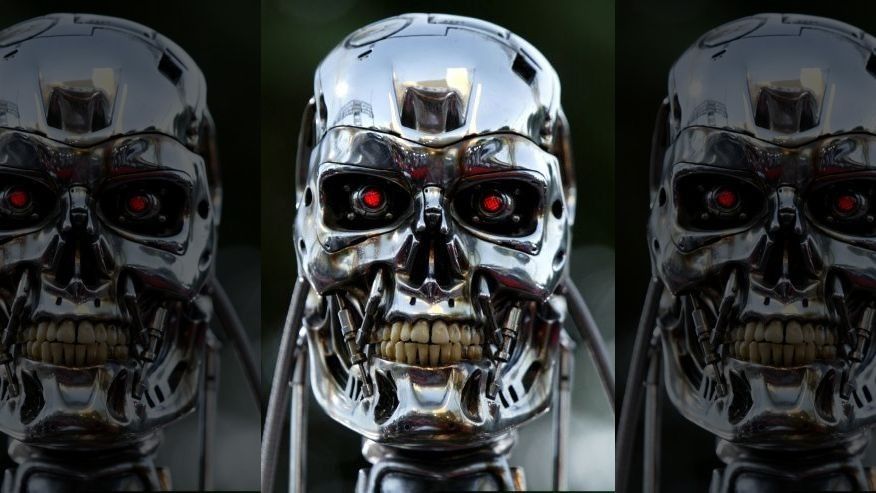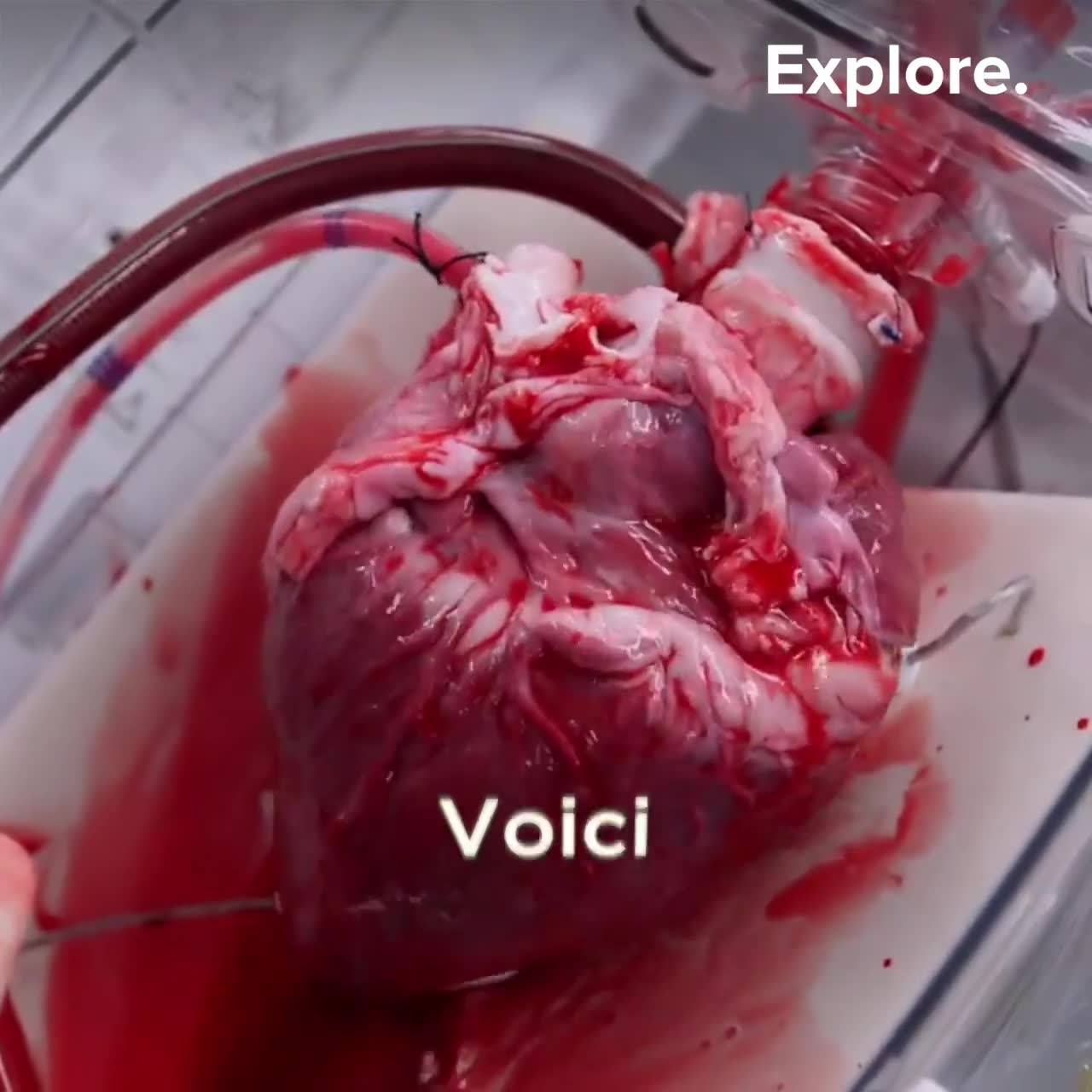Oct 22, 2017
What can we learn from small fraction of people who own 1 BTC
Posted by Philip Raymond in categories: bitcoin, cryptocurrencies, economics, geopolitics, internet
How many individuals own at least 1 BTC?
I was asked this question today at Quora, a popular Q&A blog covering a variety of technical and economic disciplines. Under my alias “Ellery”, I am the most viewed author on Bitcoin and the blockchain.
While this question may sound like a good factoid for a trivia game, it is directly related to something with with far reaching impact on your pocketbook and your future. It goes to the heart of a debate between warring factions: In the 2nd half of this answer, I address the eternal question:
Is Bitcoin a pyramid scheme? Or are we still early on the adoption curve?
Continue reading “What can we learn from small fraction of people who own 1 BTC” »

